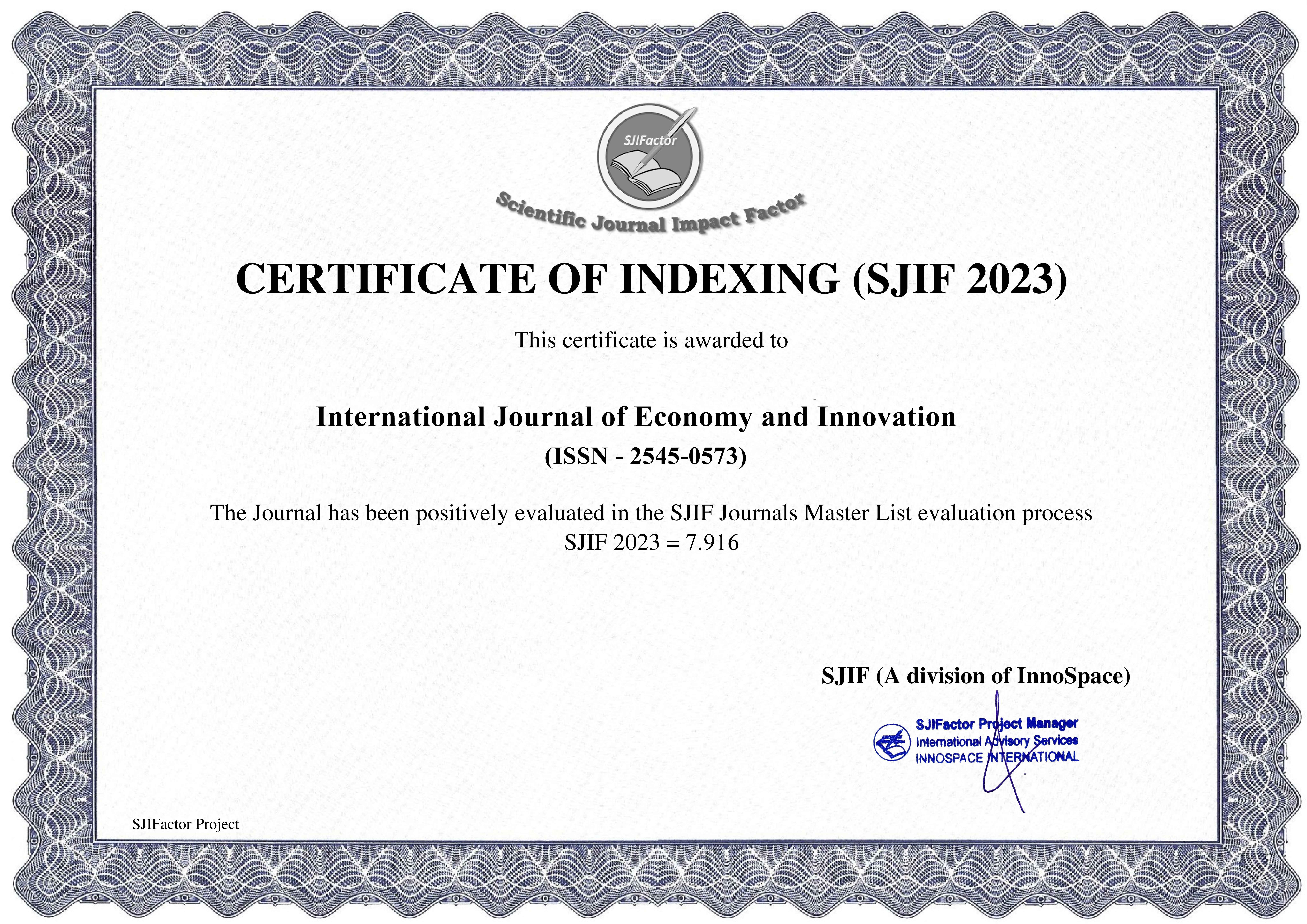RISK MANAGEMENT AND FINANCIAL PERFORMANCE OF DEPOSIT MONEY BANKS IN NIGERIA
Keywords:
Risk Management, Loan Loss Provision, Financial Performance, Gross ProfitAbstract
The study investigated the relationship between risk management and financial performance of deposit money banks in Nigeria. The researcher developed four specific objectives, four research questions and four hypotheses that guided the study. The study employed ex-post-facto research design. This design is selected and implemented due to the researcher's lack of control over the various elements of the design. The data for this study is preexisting, therefore it is utilized for a secondary data analysis. The study's population comprised twenty-two (22) designated deposit money banks in Nigeria. This study employed the judgmental sampling technique. The sample size is made up of two (2) DMBs which includes United Bank for Africa Plc, Fidelity. The data for this study were obtained from the published financial statements of the chosen publicly traded deposit money banks in Nigeria. This study employed an estimated technique that involved the use of descriptive statistics and Ordinary Least Squares (OLS) regression analysis. The E-view-9 software was utilized to carry out the analysis. The study specifically concluded that loan loss provision is not statistically significant and does not appear to have a significant effect on operating income. The researcher suggested that Banks should continuously monitor the financial health and business performance of borrowers to identify early warning signs of distress. Banks should establish a specialized LLP management team that can work closely with delinquent borrowers to restructure loans, offer alternative payment plans, or collaborate on asset sales to recover funds.

















